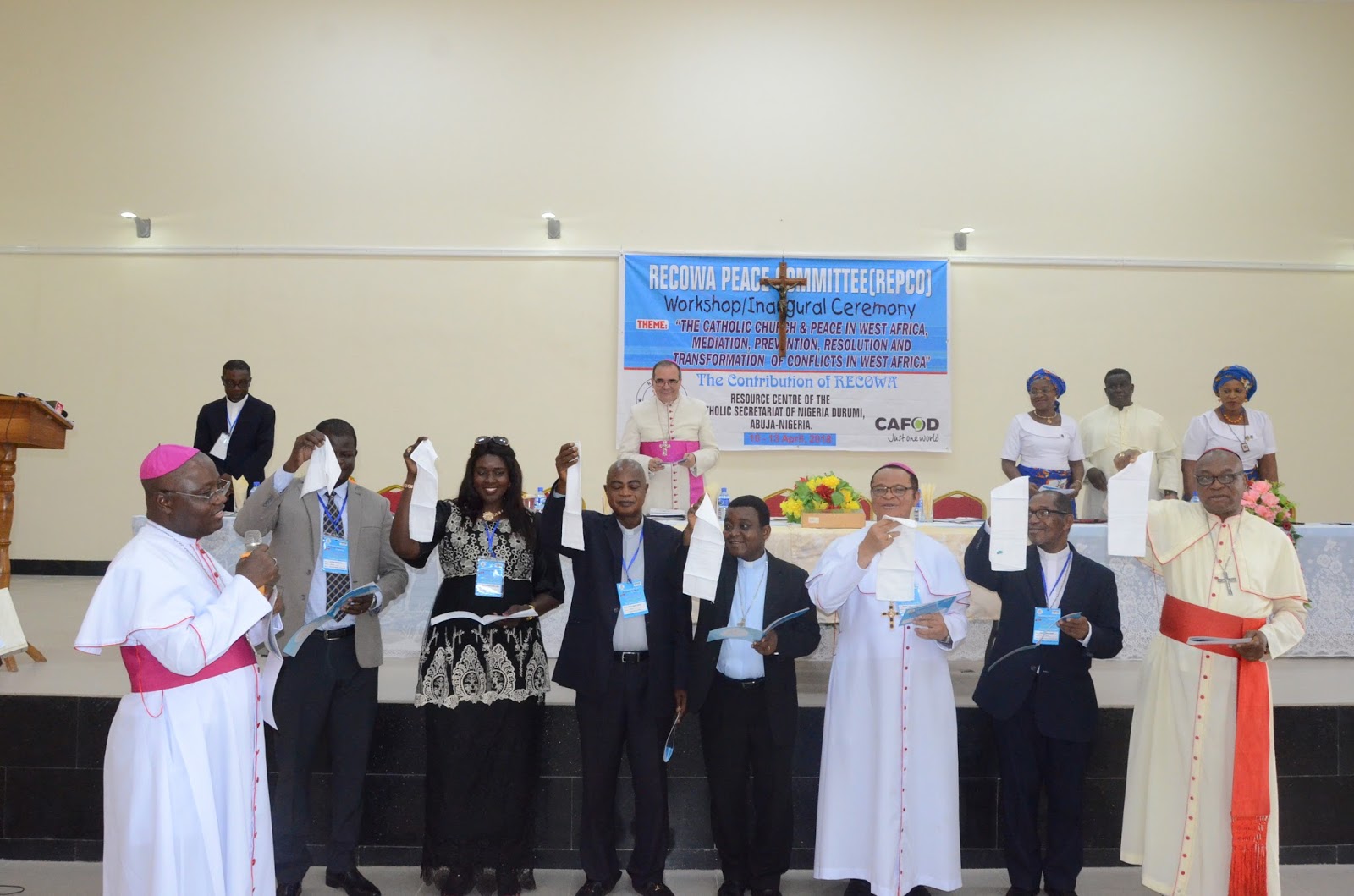THE JOY OF SHARING
by ARCH BISHOP · July 28, 2024
17TH SUNDAY, YEAR B, 28TH JULY 2024, OUR LADY OF PERPETUAL HELP CHURCH, GALADIMA, GWARINPA, ABUJA. HOMILY BY ARCHBISHOP I.A. KAIGAMA
1st Reading: 2Kings 4:42-44; 2nd Reading: Ephesians 4:1-6; Gospel: John 6:1-15
THEME: THE JOY OF SHARING
On this seventeenth Sunday in ordinary time year B, we also celebrate the World Day of Grandparents and the Elderly. Please return home today and celebrate them. Do something special for them. Draw inspiration from them. They possess the wisdom and key to the multidimensional problems facing us. At this Mass too, we shall confirm 230 parishioners and 12 couples will receive the sacrament of matrimony.
It is wonderful to see you all joyful and radiant, despite the current situation in our nation. It is obvious that Our Lady of Perpetual Help is truly helping you and all of us too. May she continue to help us through all our hardships and difficulties.
Why a pastoral visit? It is for the Archbishop to urge you on in the faith and to remind you of your individual and corporate responsibility in the Catholic Archdiocese of Abuja. In the second reading, Paul reminds us of the virtues that we need to live and survive together as a body of Christ, a family united by one faith, one baptism and one spirit. These virtues include: “charity, generosity, gentility, complete selflessness, patience towards one another,” and “striving to preserve the unity of the spirit through the bond of peace.” We have been called to live in Christ Jesus and every aspect of our life should be in relationship to Him.
This Sunday, Christ shows us the need to help others in their moment of pain, suffering, hunger, and hardship. The first reading and the gospel both narrate the miracles of the multiplication of bread motivated by compassion and generosity. In the first reading, when a man brought the first fruits of his labour to Elisha the prophet of God, Elisha said: “Give it to the people to eat” no matter how little it might seem. The prophet did not say, “Oh this is small for me and my family, therefore, let me keep everything to myself.” He trusted in divine providence. And we were told, the people ate and had leftovers.
In the gospel, Jesus and the disciples were faced with a very large crowd of hungry people in a deserted place. They needed to be fed and the resources to feed them didn’t appear to be there. Moved by compassion for His flock, Jesus, just as in the case of Elisha in the first reading, fed as many as five thousand people with just five loaves of bread and two fish.
There are many important lessons we can learn from the two miracles in today’s readings. One among them is the compassion and generosity of both Elisha and Jesus for their flocks. Compassion moved them to feed their people generously. We need to understand what it means for others to be hungry, thirsty, sick, homeless, jobless, and lonely. Most of our big men and women with access to public resources and their families and even those governing us at all levels don’t seem to know what it means to be hungry and poor, and so don’t seem to know the value of sharing, even if it is little.
A boy’s presence is mentioned in the scene of the multiplication. On perceiving the problem of feeding so many hungry people, he shared the little he had brought with him: five loaves and two fish (cf. Jn. 6:9). If each person offers the little, he or she has, this miracle can always be repeated. God can multiply our small acts of love.
We pray that our leaders will be compassionate to hear the cry of the people. There is the cry of hunger, poverty, joblessness, and insecurity in the land. Let them learn from Elisha and Jesus who were moved with compassion to provide for their people and not their families or friends alone. Our leaders must move away from hoarding public resources for personal gain. It is not only leaders who must act but every individual blessed by God should ask the question: “How are we to buy bread, so that these people may eat?” (cf. Jn. 6:5). Whenever we see the plight of others, instead of being indifferent, ask yourself: “what can I do?” Bring whatever you have, and God will do the rest. Giving does not depend on our abundance; it is about faith. Christ says: Give and it will be given to you (cf. Luke 6:38). Learn to let go of the little you have. Take the example of the widow of Zarephath in 1 Kings 17:8-24 who gave the prophet Elijah the little cake she had to live on, and the Lord filled her house with abundance. Miraculously, her jar of flour and jug of oil were never empty. To do this requires faith – faith in divine providence.
One day, Mother Teresa of Calcutta came into the midst of a small village filled with poverty and cruelty. She saw the tragic situation and instead of just asking the question: “What can I do?” she said to herself, “Something has got to be done.” She took all the money she had and rented an old building. The next day she went around the neighbourhood and offered to teach the children. She used the old building as her schoolroom. She had no desks, no chairs, no table. She wrote on the floor with a stick. That was the way the she fought back against the poverty and cruelty around her. That was the best she could do. Today, the seed she sowed has yielded fruits. She founded the Missionary of Charity in 1950, a religious congregation that focuses on serving the poor and the sick. Today, that small organization has grown to include thousands of members and has established homes for the dying, orphanages, and schools for the poor in more than 130 countries. Today she is a Saint.
When we do what we can, God will do what we can’t.
When faced with hungry people, Elisha didn’t hesitate. He shared what little he had. Jesus was sensitive to the situation and needs of those whom He encountered and even till today, He cares both for our physical and spiritual needs. He feeds us with both His Word and the Holy Eucharist. May Mary the Mother of Perpetual Help intercede for us to have an increased population of people in Nigeria who try to share the little they have like the early Christians in Acts 2: 45 who sold their possessions, “dividing them to all, just as any of them had need.”




